The United States Customs and Border Protection (CBP) has suspended imports of certain drones from Chinese manufacturer DJI, according to a Reuters report. This action stems from concerns related to the Uyghur Forced Labor Prevention Act (UFLPA), a law designed to combat forced labor abuses in China‘s Xinjiang region.
Update 1: DJI confirmed the letter is real
Update 2: DJI issued an official response.
DJI Denies Forced Labor Allegations
In a letter to its distributors, DJI strongly denied any involvement in forced labor practices.
The company stated, “DJI strongly affirms that no forced labor is involved at any stage of our manufacturing process.”
DJI claims its manufacturing is based in Shenzhen or Malaysia, not in Xinjiang.
The company’s letter called the claims “unsubstantiated and categorically false,” but acknowledged that “the law gives them the authority to withhold goods without any tangible evidence.”
This situation highlights the complex interplay between international trade, human rights concerns, and regulatory powers.
Broader Scrutiny of Chinese-made Drones
This move appears to be part of a wider initiative by the Department of Homeland Security to examine the origins of products, particularly Chinese-made drones.
Commerce Secretary Gina Raimondo told CNBC, “We’re looking at drones that have Chinese and Russian equipment, chips and software in them.”
The heightened scrutiny comes amid growing tensions between the U.S. and China, especially in the technology sector. Drones, with their potential for data collection and surveillance, have become a focal point of these concerns.
DJI’s Response and Compliance Efforts
DJI maintains that it adheres to global standards of ethical production and labor practices. The company cited its ISO 45001 certification as evidence of compliance with international occupational health and safety standards. DJI is actively working with U.S. Customs to resolve the issue and provide documentation demonstrating UFLPA compliance.
In its letter, DJI emphasized its commitment to ethical standards, stating, “Our corporate social responsibility (CSR) framework is crafted around the core values of the United Nations Sustainable Development Goals (SDGs).”
The company also pointed out that its supply chain undergoes due diligence audits by various respected U.S. retailers, consistently finding no evidence of forced labor.
Potential Impact on U.S. Drone Market
The import suspension could significantly impact the U.S. drone market, as DJI reportedly sells more than half of all drones in the country. This action follows other U.S. Government measures targeting Chinese technology companies over national security concerns.
The disruption in DJI’s supply chain could lead to product shortages and potentially higher prices for consumers. It may also create opportunities for other drone manufacturers to gain market share, potentially reshaping the competitive landscape of the U.S. Drone Industry.
A spokesperson for DJI, informed DroneXL that the measure, “primarily impacted our enterprise and agriculture drones and has limited us from offering the Air 3S to US customers beyond DJI.com.”
The spokesperson continued to explain that is appears to be unrelated to the Countering CCP Drones Act, but part of a broader initiative by the Department of Homeland Security to scrutinize the origins of products, particularly in the case of Chinese-made drones.
DJI said to be actively working with U.S. Customs and Border Protection to resolve this issue and the drone maker remains hopeful for a swift resolution. DJI informed DroneXL that the company will provide a more detailed explanation later today on the official DJI blog.
Legislative Action and Industry Concerns
Last month, the U.S. House of Representatives voted to bar new DJI drones from operating in the U.S., with the bill awaiting Senate action. U.S. lawmakers have raised concerns about potential data transmission, surveillance, and national security risks posed by DJI drones, which the company rejects.
The proposed legislation, known as the Countering CCP Drones Act, represents a broader effort to restrict Chinese technology in sensitive sectors. DJI, in its letter, noted that the current customs issue “does not appear to be linked to the pending legislation against DJI in the U.S. Congress.”
Implications for International Trade and Technology
This situation underscores the growing challenges faced by international technology companies in navigating complex geopolitical landscapes. The use of trade policies to address human rights and national security concerns is becoming increasingly common, creating a complex regulatory environment for global tech firms.

DJI’s Official Response
On October 17, 2024, DJI released an official statement addressing the customs issue. The company characterized the situation as a “customs-related misunderstanding” and strongly refuted any allegations of forced labor in its supply chain. DJI emphasized that it does not manufacture anything in Xinjiang, stating, “All of our manufacturing is based in Shenzhen, where our company is headquartered, or Malaysia.” The drone maker also pointed out that it is not listed on the UFLPA Entity List and adheres to various international labor and manufacturing standards, including ISO 45001 certification.
DJI expressed confidence that the issue would be resolved promptly, stating, “The evidence clearly supports DJI’s compliance, while the claims of any violations are baseless and unfounded.” The company is actively working with U.S. Customs and Border Protection to provide necessary documentation demonstrating UFLPA compliance. DJI stressed its ongoing commitment to the U.S. market and pledged to keep stakeholders informed as the situation develops.
DroneXL’s Take
This development highlights the ongoing tensions between the U.S. and China in the tech sector, particularly in the drone industry. As we’ve seen in recent coverage of DJI’s market dominance, these regulatory actions could reshape the competitive landscape for drone manufacturers. It’s crucial for the industry to balance security concerns with innovation and market access.
The outcome of this customs issue and pending legislation could have far-reaching implications for drone users and the broader UAV ecosystem. It may spur increased investment in domestic drone production and accelerate the development of alternatives to Chinese-made drones. This could lead to a more diverse and resilient drone supply chain in the long term.
However, it’s important to consider the potential short-term disruptions to various industries that rely heavily on DJI drones, such as photography, filmmaking, and even some emergency services. The situation underscores the need for a nuanced approach that addresses legitimate security concerns without stifling innovation or unduly burdening businesses and consumers.
Chinese drone maker, DJI did reach out to DroneXL to inform us of this situation. We will update this article if and when new information becomes available.
What’s your take on this situation? How do you think it might affect the drone market in the US? Do you believe these measures will effectively address the stated concerns? Share your thoughts in the comments below.
Discover more from DroneXL.co
Subscribe to get the latest posts sent to your email.


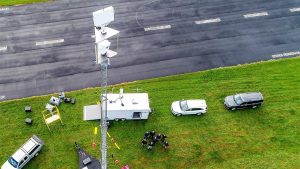



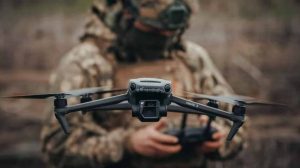


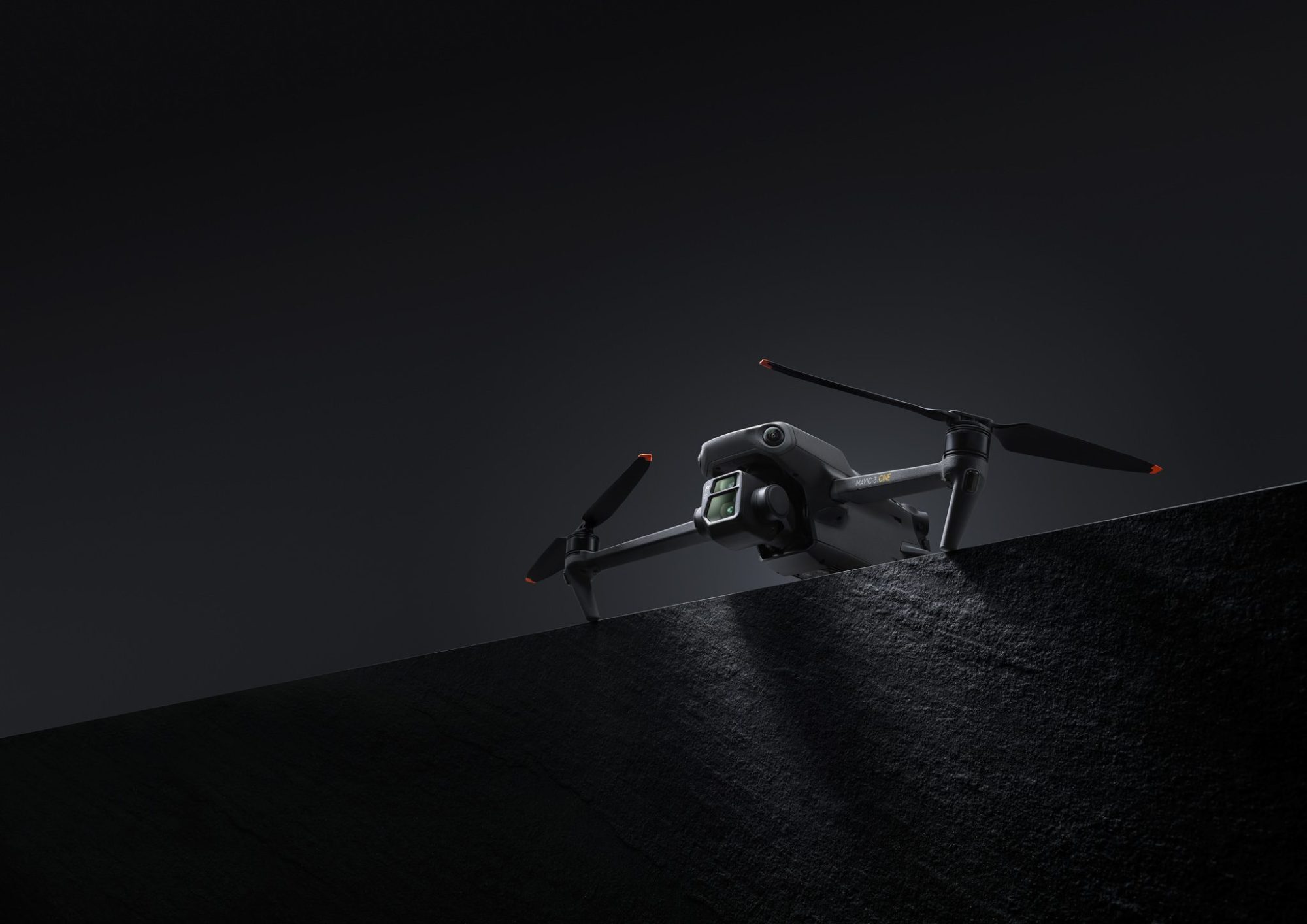


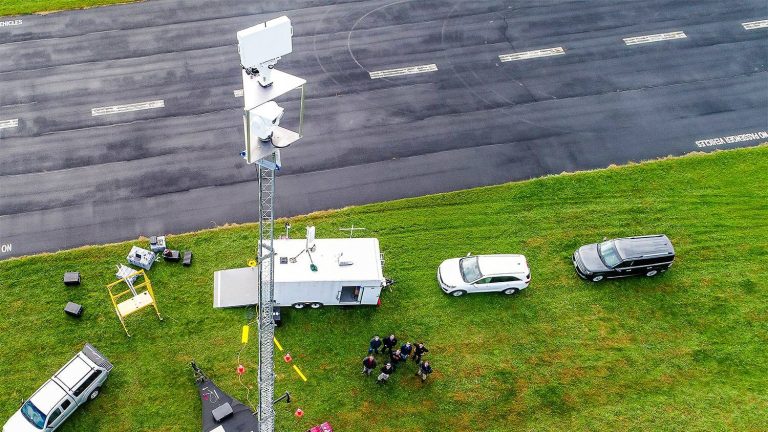


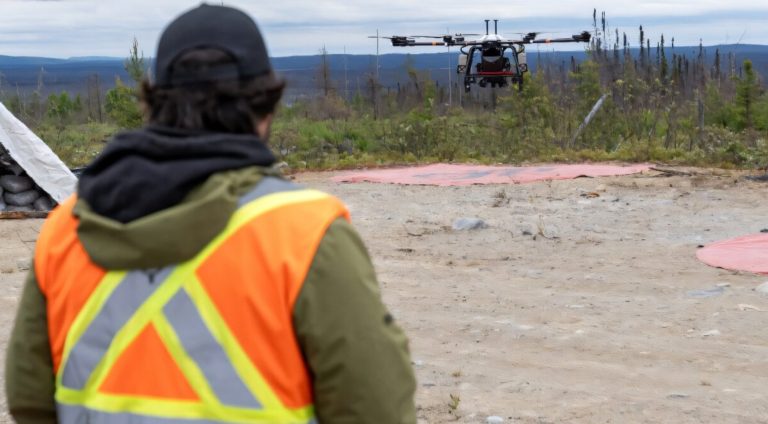

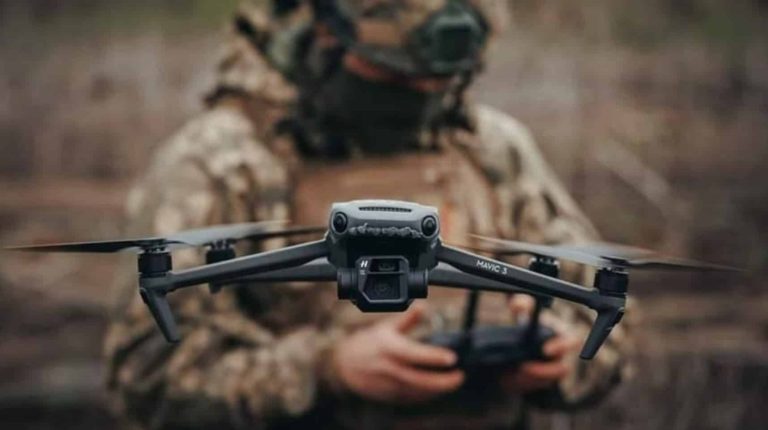

+ There are no comments
Add yours